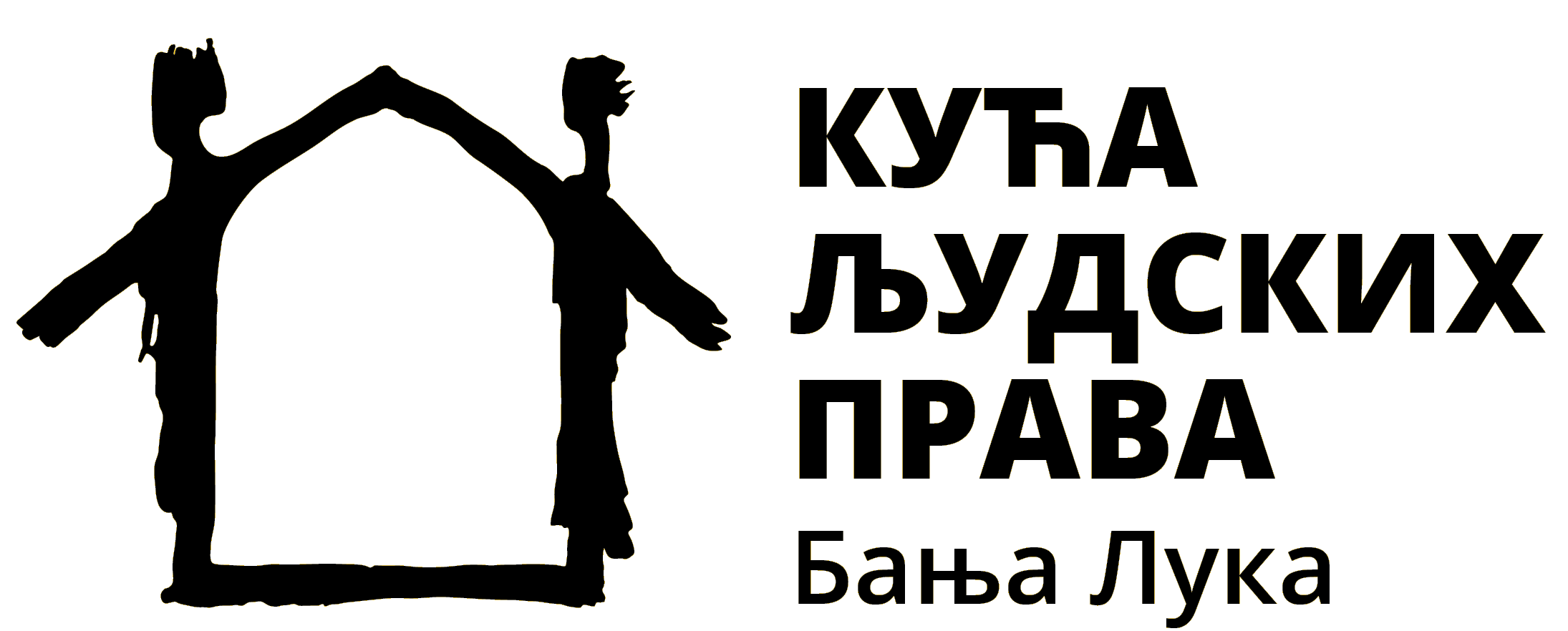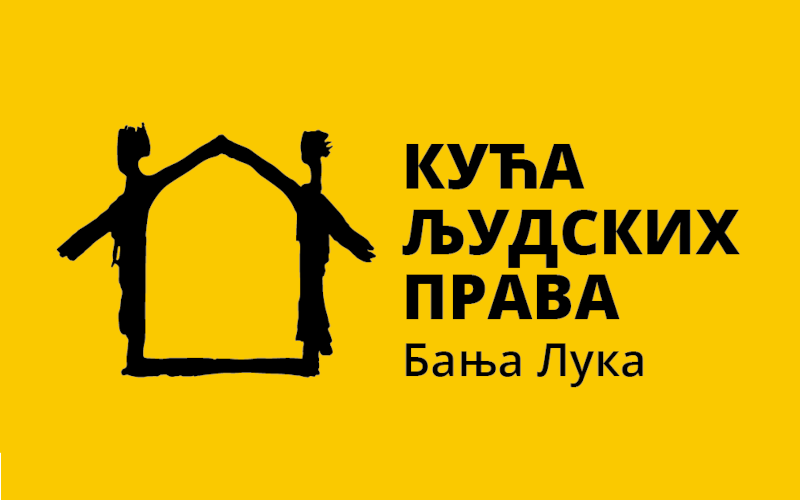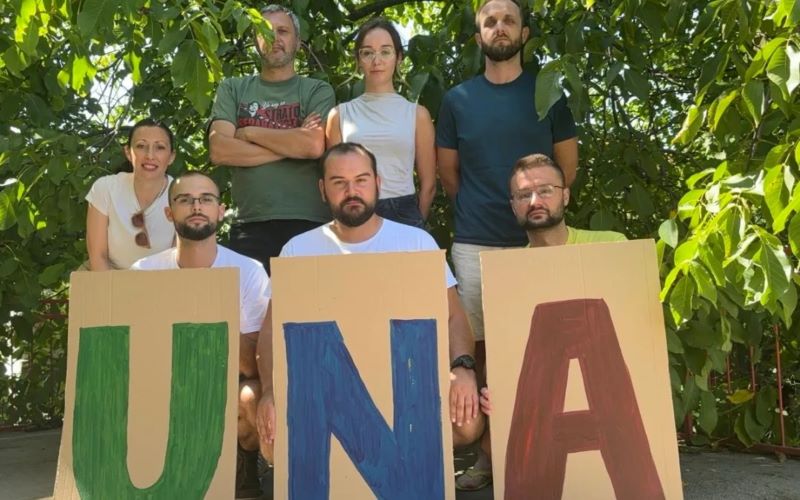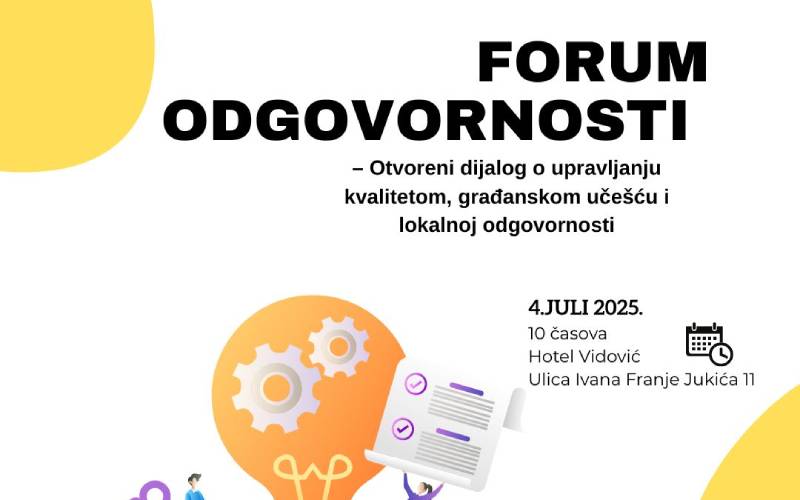The Human Rights House Banja Luka and the Center for Governance Studies Banja Luka, with the support of the European Union and the Austrian Development Agency, and through the project Promotion of Quality Management in the City of Banja Luka, organized the Responsibility Forum – Open Dialogue on Quality Management, Citizen Participation and Local Responsibility.
The forum was designed and implemented as a place for public dialogue on improving the responsibility of local authorities, involving citizens in decision-making processes and increasing the quality of public services in Banja Luka.
The forum brought together more than 20 representatives of civil society, civic initiatives, the City of Banja Luka and the professional community.
The study Analysis of Quality Management in the City of Banja Luka, as well as the digital platform Moj grad Banja Luka, were presented at the Forum. The digital platform was presented as a proposed solution that addresses the perceived shortcomings in the City’s communication with citizens, and provides concrete proposals for overcoming the shortcomings, through the establishment of an efficient digital channel of two-way communication.
As part of the Forum, a panel discussion was also organized, where representatives of civic initiatives, civil society and the professional community expressed their opinions on whether and how the City of Banja Luka surveys citizens’ satisfaction with the services provided by the City, and whether and how the City includes citizens in the processes of developing city policies.
The general conclusion of the Forum is that the City of Banja Luka has not established a systematic approach to collecting information from citizens and surveying their satisfaction. Establishing two-way communication occurs only sporadically, and is more of an exception than a rule.
The participants of the Forum had the opportunity to contribute with their experience, opinions and suggestions to finding more efficient models of surveying citizens’ satisfaction with services and greater citizen involvement in the process of developing policies in Banja Luka.



